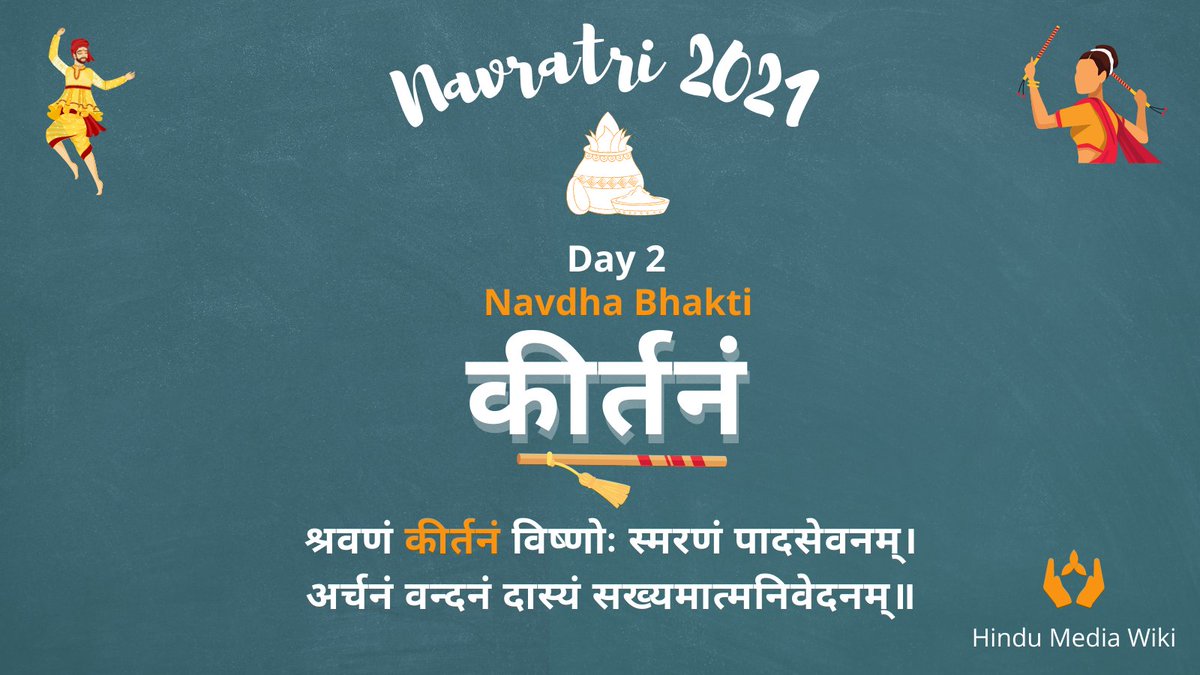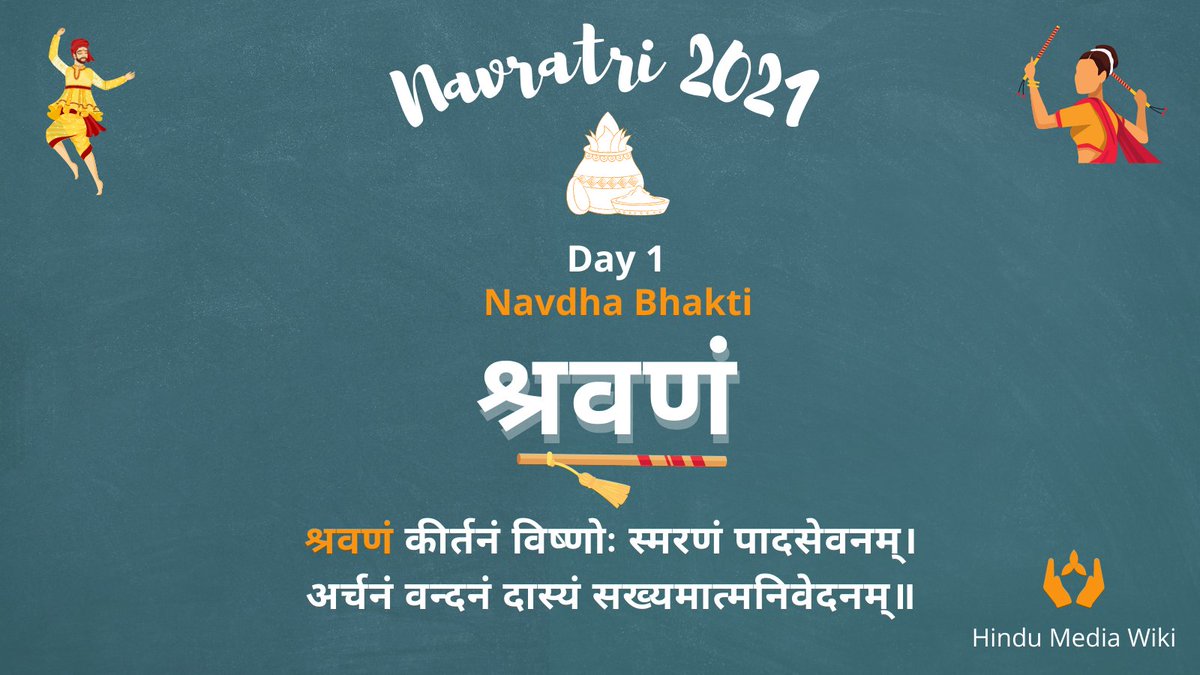
Do you like to contribute to our site while working on small self-organizing teams?
if yes, we are trying to connect with 25-100 such team leaders who can manage a team of 5 people! Your contribution is much required for our civilization.
Please Drop DM or Reply here!
if yes, we are trying to connect with 25-100 such team leaders who can manage a team of 5 people! Your contribution is much required for our civilization.
Please Drop DM or Reply here!
Please RT for the wider reach!
Also, our activities will not take time of yours in a whole week. Maybe 2-3 hours/ week is what you have to give.
What you have to do primarily is to Motivate team to read and explore content which can be included in site.
This work does NOT require knowledge of computer languages or any technology.
We have got 55+ volunteers who would like to lead micro teams, looking for more :)
Please ping or DM if you are interested.
Thank you so much to all!
Please ping or DM if you are interested.
Thank you so much to all!
• • •
Missing some Tweet in this thread? You can try to
force a refresh






